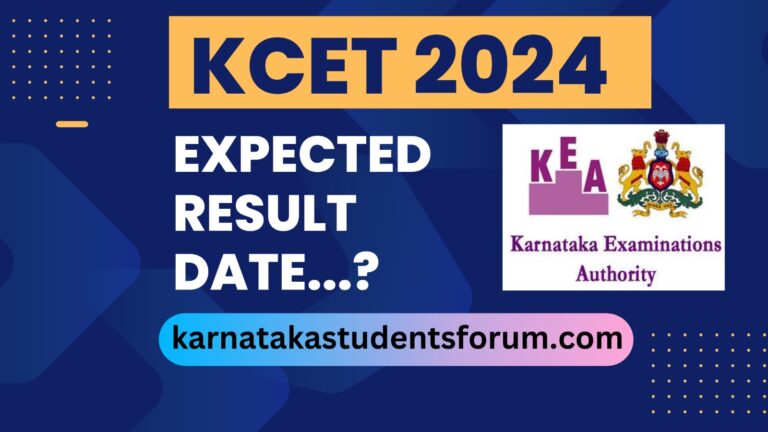BSc: Course, Subjects,, Syllabus, Fees,
Eligibility, Entrance Exams,Salary & Scope
BSc or Bachelor of Science is an undergraduate degree of three years duration which is universally offered across institutes and universities across India. BSc is one of the most popular courses opted by students who have a flair for scientific aptitude and zeal for research-oriented and calculative approaches based on a proven systematic method. Science is all about experimentation, research and discovery. A BSc degree is a culmination of both theoretical and practical ways of learning. Pursuing a BSc degree also opens up multiple avenues for a student and he/she can either opt for higher studies in Science or any other discipline which may be related or different from the subjects studied during graduation. However, Master of Science (MSc) is the most popular higher education alternative opted by students after completing BSc.
What is BSc?
A BSc programme can be further classified into two categories – BSc Honors and BSc General or Pass. The former focuses on one major subject area. The curriculum is designed to keep more focus on the Honors subject, and also includes subjects or papers from the elective subjects students opt for. The purpose of studying BSc Honors programme is to inculcate theoretical, practical and research skills among students.
On the other hand, the BSc General programme provides basic knowledge of the major Science subjects to the students. The curriculum is slightly lesser rigorous, but it includes both the theoretical and practical components.
The pedagogy of BSc programme is a combination of theory and practical lessons. The BSc curriculum includes practical lessons which carry a considerable amount of weightage. To pass a semester, students need to pass both the theory as well practical exams. Subjects such as Physics, Chemistry, Biology and Mathematics form the core of the BSc degree. There are a plethora of specializations and branches offered in the BSc course.
BSc Eligibility Criteria
The BSc eligibility criteria are as follows:
- Candidates should clear Class 12 in the Science stream with a minimum of 50 per cent to 60 per cent aggregate from a recognised board. It may be noted that the minimum percentage required for BSc admissions may vary depending on the policy of the university/ college in which a candidate is applying.
- Candidates must have studied Physics, Chemistry and Mathematics (PCM) or Physics, Chemistry and Biology as core subject combinations.
Generally, there is no age limit for pursuing BSc unless specified by an institute’s eligibility criteria
BSc Eligibility Criteria
The BSc eligibility criteria are as follows:
-
- Candidates should clear Class 12 in the Science stream with a minimum of 50 per cent to 60 per cent aggregate from a recognised board. It may be noted that the minimum percentage required for BSc admissions may vary depending on the policy of the university/ college in which a candidate is applying.
- Candidates must have studied Physics, Chemistry and Mathematics (PCM) or Physics, Chemistry and Biology as core subject combinations.
Generally, there is no age limit for pursuing BSc unless specified by an institute’s eligibility criteria
BSc Admission Process
The BSc admission process is generally conducted in two modes, either through merit or through entrance exams. The BSc admission process depends on the university.
BSc Admission Process – Merit-Based: The University or college releases course-wise cutoff aggregate. Applicants fulfilling the eligibility and cut off criteria are offered provisional admission. Applicants have to visit the institute for document verification purposes and pay the admission fee to get admission to the institute.
BSc Admission Process – Entrance Based: There are a number of colleges and universities that conduct the BSc admission process through entrance exams. Upon qualifying in these entrance exams, they are shortlisted for further admission process including counselling rounds. Some of the top BSc entrance exams and their participating institutes are listed in the table below.
BSc: Job Profiles, Salary and Top Recruiters
Depending on their respective subjects, BSc graduates can find jobs in various sectors such as educational institutes, healthcare industry, pharmaceuticals and biotechnology industry, chemical industry, research firms, testing laboratories, wastewater plants, oil industry, and the list continues. However, it is advisable that BSc students first complete their MSc degree and then look for a job since MSc would enrich their knowledge and practical learning. Moreover, companies often prefer their prospective employees to have a master’s degree than a bachelor’s degree.
Given below are popular job profiles that BSc graduates can take up after completing the course:
- Research Scientist: A research scientist is responsible for undertaking as well as analysing information obtained from laboratory-based experiments and investigations. A research scientist may work for government labs, specialist research organisations and environmental organisations.
- Scientific Assistant: A scientific assistant is a professional who provides complete support to the scientist in research.
- Quality Control Manager: A quality control manager ensures that products of a particular company meet set quality and efficiency standards. The manager plans, directs and coordinates quality assurance programmes and also formulates various quality control policies.
- Statistician: A statistician gathers different numerical data of a company and then displays it, thereby helping them to analyse quantitative data and spot trends.
- Teacher: A Science teacher is typically involved in tasks such as preparing lesson plans, evaluating student performances and teaching through lectures and technology.
- Technical Writer: A technical writer writes articles and prepares instruction manuals and other supporting documents to communicate technical information easily.
- Lab Chemist: A lab chemist analyses chemicals and creates new compounds that are useful in different aspects of human life. Research and testing are two crucial job responsibilities of a lab chemist.
The table below brings some of the top job profiles offered to BSc graduates along with the average salary offered.
| Job Profile | Average Salary (in INR) |
|---|---|
| Research Scientist | 3-6 lakh |
| Laboratory Technician | 2-5 lakh |
| Research Assistant | 2-6 lakh |
| Biochemist | 3-6 lakh |
| Computer Programmers | 2-4 lakh |
| Food Scientists | 3-6 lakh |
| Software Developer | 3-7 lakh |
| Forensic Pathologist | 4-8 lakh |
| Ecologist | 4-6 lakh |
| Assistant Manager – Plantation | 3-4 lakh |
Course Curriculum for BSc
As already mentioned above, BSc can be pursued in different Science subjects – Some of the popular ones are Physics, Chemistry, Mathematics, Computer Science, etc. Apart from this, candidates can also choose to pursue a BSc program course that focuses on all major subjects of Science. Given below is an overview of the subjects taught in BSc Physics, BSc Mathematics, BSc Chemistry and BSc Computer Science:




